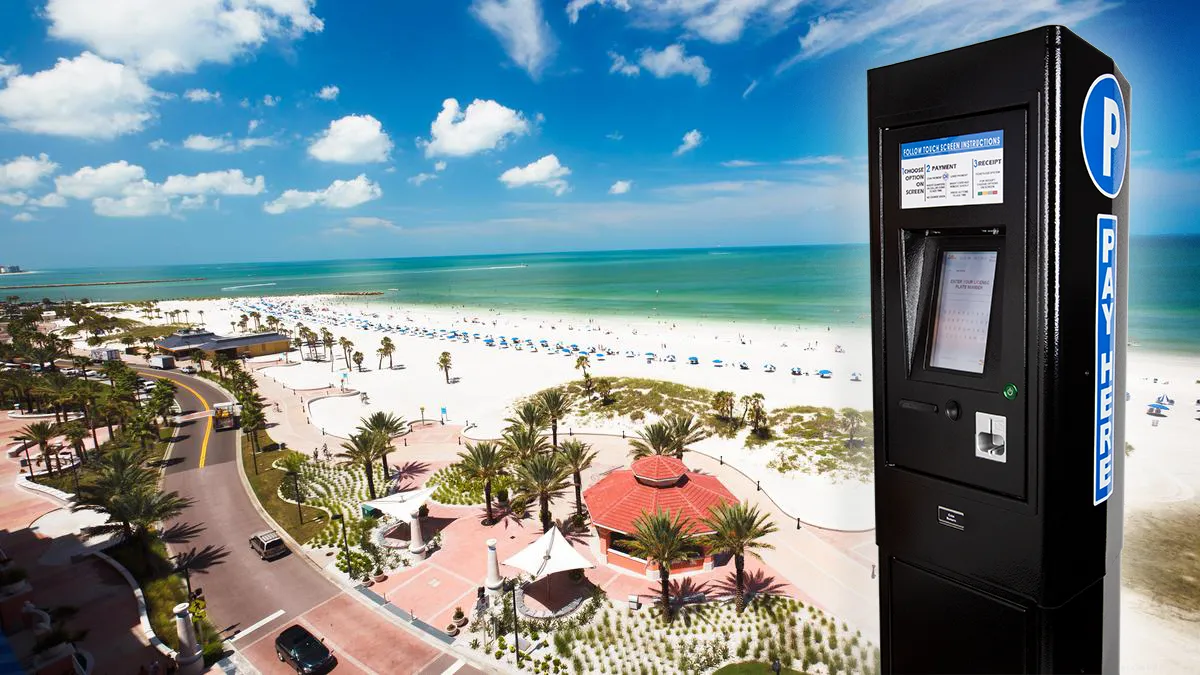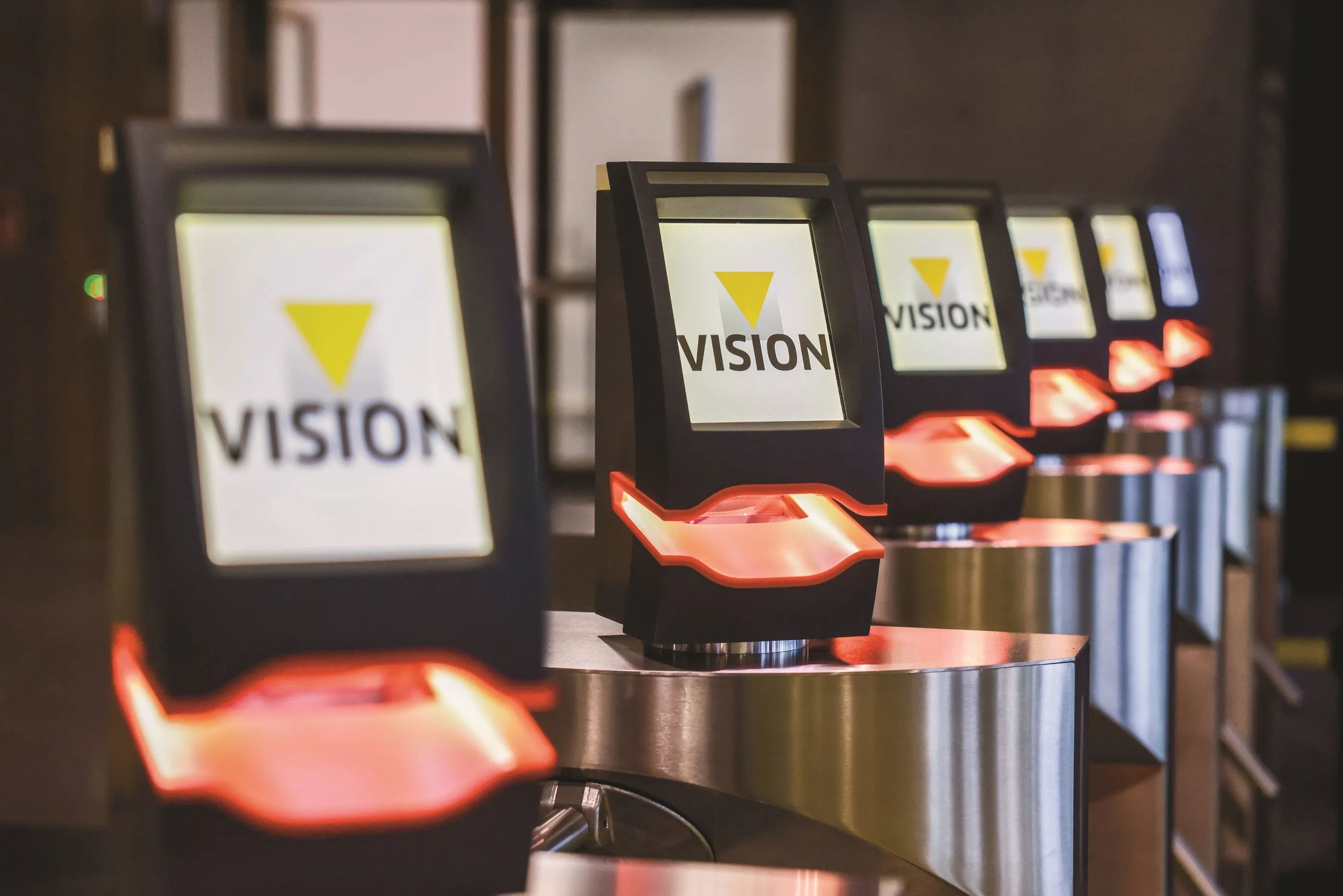
Flowbird says the touchscreen kiosks allow drivers to enter their number plate details and complete transactions rather than walk back to their car to place the receipt on the dashboard. The system also allows drivers to pay with money, credit/debit card or pay for parking via a mobile app.
The solar-powered kiosks wirelessly communicate with Flowbird's analytics platform to help help the city analyse parking activity trends, the company adds.
The installation focuses on Clearwater's on-street parking locations including Mandalay Avenue, a coastal road that leads to restaurants and venues in the area.
In October 2019, the Clearwater City Council chose Flowbird to replace its pay and display system with pay-by-plate technology, along with a parking enforcement solution provided by United Public Safety and number plate recognition software by Vigilant Solutions.
The kiosks are operational in parking garages and off-street car parks throughout the Clearwater Beach area. Using Vigilant's software, the cameras register a number plate into the system when a driver comes back to park in a garage or car park.









